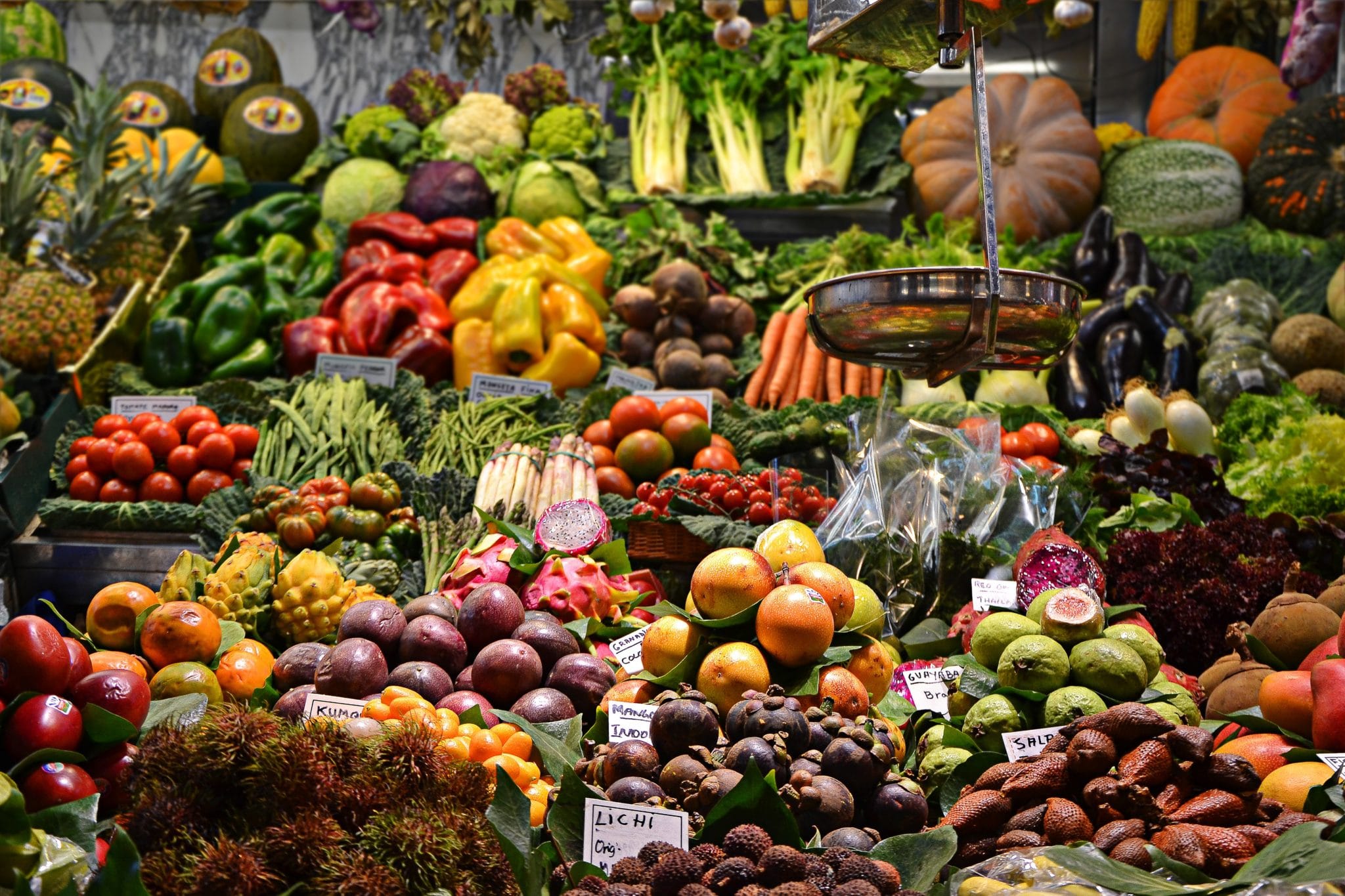Last week, amidst the one-year anniversary of the Haitian earthquake and the senseless killings in Arizona, just prior to the birthday of Martin Luther King Jr., I finished reading Eating Animals, the most recent book by the gifted writer Jonathan Safran Foer—who up until this point was well known for his acclaimed novels Everything is Illuminated and Extremely Loud and Incredibly Close (both of which I relished). In Eating Animals, Foer highlights the cruel abominations associated with factory farming of cows, turkeys, chickens, pigs and fish and the suffering these cause. Part investigative report and part memoir, a personal question motivates Foer’s exploration: How will he explain to his son why we eat some animals and not others? His search for answers reveals a path that will interest Buddhist readers.
I can relate to Foer’s conundrum; I discuss food production and consumption regularly with my children. When we lived on a tiny island in the Atlantic last year, I ate fish caught by folks down the road from my house who used a hand-thrown seine net or single fishing line. In Foer’s schema, while living on the island I was a “selective omnivore.” But my children found my behavior unacceptable. My 13-year old—a self-declared vegetarian, and sometimes vegan, since the age of seven—and my 10-year old, who asserted the same identity when still in the single digits after a visit to a NY farm animal sanctuary—both deem it hypocritical to kill some animals for food but to exempt others. That’s Jonthan Safran Foer’s conclusion as well.
Foer finds fault with Michael Pollan’s critique of vegetarianism in The Omnivore’s Dilemma—one in which Pollan states that he pities vegetarians. I side with Foer and I think that his intelligently passionate investigation provides at least food for thought for Buddhist practitioners. In reading Eating Animals, one can tell how much Foer enjoys sumptuous food; like others he admits being tempted by comestibles like sushi and steak. But he reminds us that “virtually all of the time one’s choice is between cruelty and ecological destruction, and ceasing to eat animals.”
As a scientist who thinks about interconnections of the hydrosphere, atmosphere, geosphere and biosphere, I know the truth of Foer’s assertion that the decision to avoid factory-farmed products will reduce global warming, limit deforestation and consequent soil erosion, prevent air and water pollution, and eliminate systematic abuses of human and animal rights. But as a Buddhist practitioner, I’m captivated by his question, “What kind of world would we create if three times a day we activated our compassion and reason as we sat down to eat, if we had the moral imagination and the pragmatic will to change our most fundamental act of consumption?” Buddhist practitioners know the truth of Foer’s statement: “compassion is a muscle that gets stronger with use” and I think most would agree with his coda “the regular exercise of choosing kindness over cruelty would change us.”
Foer quotes Martin Luther King Jr. from his speech “A Proper Sense of Priorities” (February 6, 1968): “And there comes a time when one must take a position that is neither safe, nor politic, nor popular but he must take it because conscience tells him it is right.” Foer aptly points out that King was referring to the suffering of humans not animals but adds that it’s worth noting that Coretta Scott King was a vegan, as is her son Dexter.
I will celebrate the legacy of Martin Luther King Jr by reminding myself that with our practice, we help to heal the Earth and the beings who live here. How about you?

